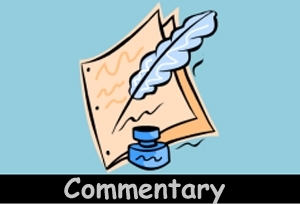
Editorial Desk :
The High Court on Tuesday directed the Dhaka Water Supply and Sewerage Authority (Wasa) to snap water supply connections to those buildings and structures which release sewage wastes directly into the Buriganga River. HC’s bold directions often become futile as the enforcement agencies feel free to neglect their duties. Sycophancy and making money is the main business of the government. We feel that the High Court Division should be aware that other than police activity the other parts of the government have ceased to be active.
There reportedly exists a patron-clenched relationship between the government and the government officials. The media and environmentalists have been tirelessly calling for stopping the pollution of the river, but responsible agencies like Wasa and Rajuk are indifferent about their responsibilities. The High Court Division of the Supreme Court cannot run the government.
The HC said there is no provision under the Wasa Act, 1996 and Wasa Rules, 2011 for providing water supply to structures not having sewage lines or septic tanks, but Wasa provided connections to such buildings and structures in violation of the law and rules. The HC made the remarks during the hearing of a writ petition seeking necessary directives to close the drains and sewage lines connected to the Buriganga to save the river from pollution.

Those public interest lawyers should be discouraged from easy access to the court. They should be asked to be active outside and not expect the courts to play the role of human rights activists of the first instance. The human rights bodies have no active role to make the judiciary strong but are eager to exploit the judiciary to be fighters of human rights.
Last week, a High Court bench directed the Department of Environment (DoE) to take appropriate legal action against 30 washing plants in Dhaka’s Keraniganj for polluting the river. It issued a rule asking Titas Gas Transmission and Distribution Company and Rural Electrification Board to explain in two weeks why contempt of court proceedings should not be brought against them for giving more gas and electricity connections to the companies responsible for river pollution notwithstanding its prohibition order.
Thousands of tons of solid waste get deposited as sediment in the bed of the Buriganga River as industrial wastes and domestic sewage continue to flow indiscriminately into the river, ignoring rules and violating court orders rendering it utterly devoid of oxygen and uninhabitable for aquatic life. While we welcome the HC rule and commend the initiative of the movers of the petition, we also have suspicion that the parties involved may once again take advantage of the legal loopholes that are there and continue to operate as usual further worsening the pollution of the Buriganga.

